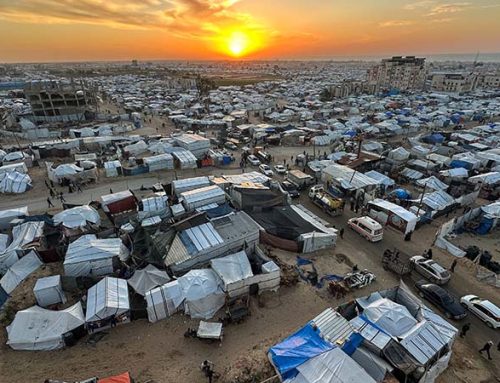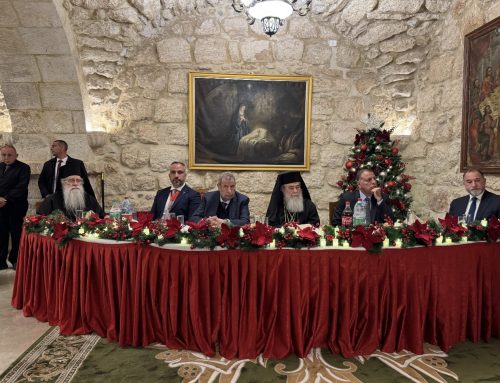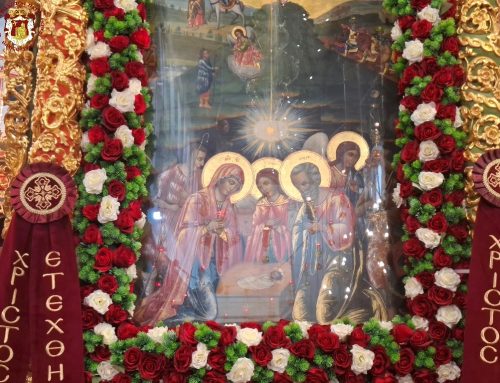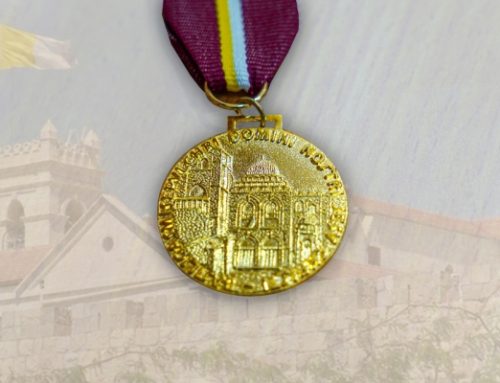
Vatican Radio reported “the promotion of peace and stability in the Middle East, especially the resumption of negotiations between Israelis and Palestinians and the question of Jerusalem”. were also addressed.
But Syria was the subject of “special attention”. In a statement released by the Vatican, Pope Francis and King Abdulla II defended the idea that “the path of dialogue and negotiation between all components of the Syrian society, with the support of the international community, is the only option to end the conflict”.
In fact, Jordan, which borders Syria, fearing the spread of the conflict and the continuing influx of refugees in its territory, has repeatedly stressed opposition to any Western intervention. On Wednesday, August 28, the official news agency Petra reported that Jordanian territories “will not be used for any military action against Syria.“ On the same day, at the end of a meeting on the issue of resumption of the Israeli-Palestinian peace negotiations, King Abdullah II and President Mahmoud Abbas of the Palestinian Authority, called for a “global solution” in Syria “that would end the suffering of the Syrian people,” announced in a statement from Royal Palace.
“Silence the Weapons”
Sharing the same concerns, Pope Francis during his Angelus on August 25 said: “With great distress and anxiety I continue to follow the situation in Syria. The increasing violence in a war between brothers and sisters with the escalation of massacres and acts of atrocity that we have all been able to see in the appalling images of the past few days impels me once again to raise my voice so that the clash of weapons may be silenced. It is not conflict that offers prospects of hope for solving problems, but rather the capacity for encounter and dialogue.” The next day, L’Ossservatore Romano, the Vatican newspaper, criticized Western governments. ”The echoes of an armed intervention of Western countries are increasingly insistent and less and less constrained by prudence.” A call to every one for caution in many ways that was echoed by the Latin Patriarch of Jerusalem. In an interview with Vatican Radio on August 22, the Permanent Observer of the Holy See to the United Nations, Archbishop Silvano Tomasi, stated, that “the experience of similar interventions in the Middle East, Iraq, Afghanistan showed that “such armed interventions have not resulted in a constructive outcome.” “If there were a military intervention, I think this would lead to a world war,” said Bishop Antoine Audo, Chaldean Bishop of Aleppo.
By: Christophe Lafontaine





